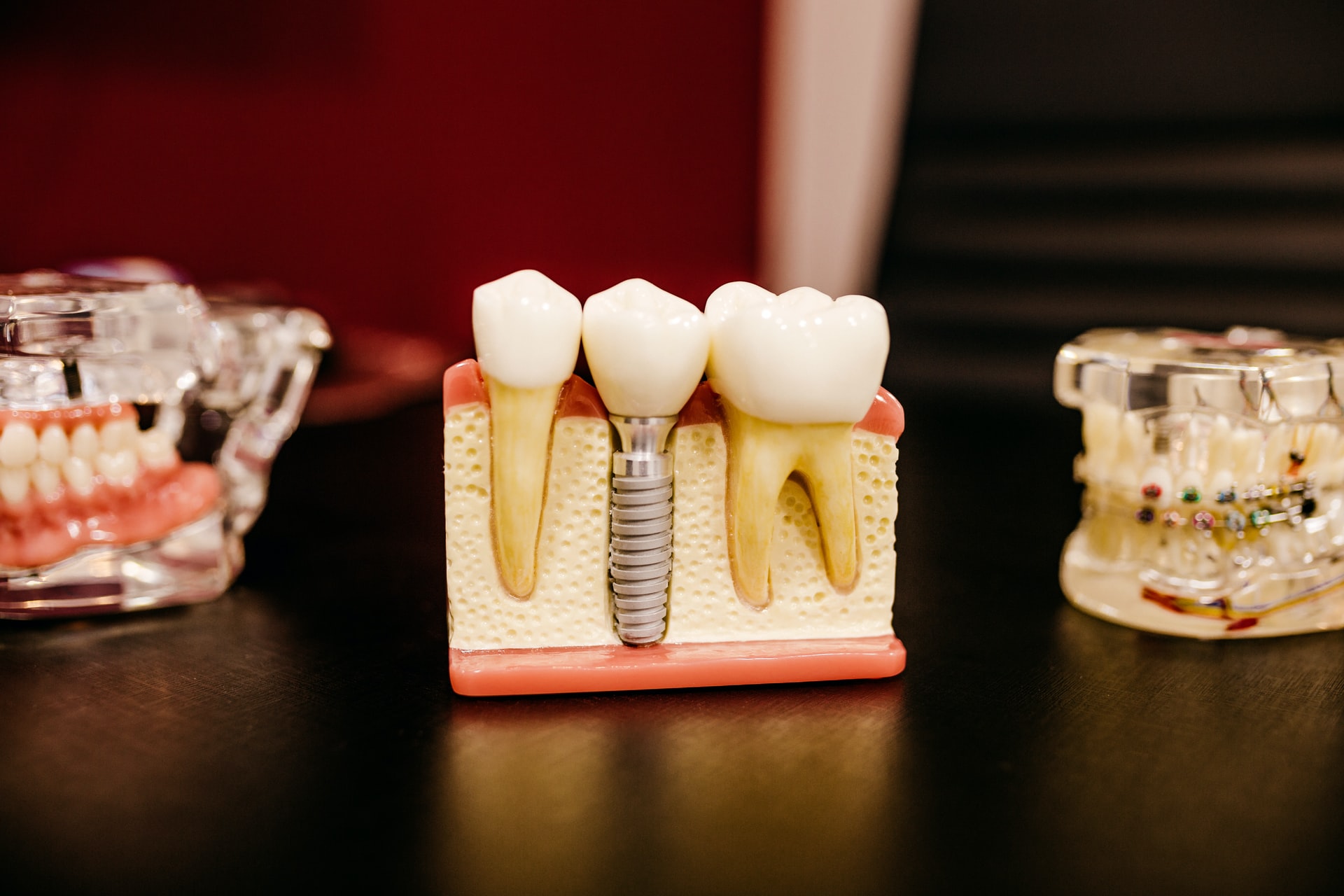Last Updated on August 14, 2023 by Lori Pace
Patients looking to get dental implants can be confused by the topic of Medicaid coverage. You might have lost a tooth due to an accident, and now you are wondering if Medicaid will pay for dental implants. It all depends on how each state resolves the issue. It is up to your State to decide what dental costs will be covered.
Having navigated the Medicaid system myself, it’s essential to understand that Medicaid isn’t a one-size-fits-all federal program; it varies by state, governed by specific guidelines. While Medicaid does cover dental procedures across the US, it’s unfortunate that many dentists choose not to accept it due to administrative challenges and low reimbursement rates. This disproportionately affects individuals from low-income families who often face the most urgent need for dental implants.
What Are Dental Implants?

Implants are surgical procedures that place a dental structure into the jawbone to replace a missing tooth. Once the implant is in place, the abutment connects it to the actual tooth. Moreover, your jawbone condition is a significant factor in the process of placing a dental crown.
To determine if an implant is right for you, your dentist must first conduct a thorough assessment of your dental health. Even though dental implants are a great alternative to dentures or bridgework, they may not always work well.
So, patients who do not have natural teeth and cannot undergo total tooth replacements can consider dental implants.
Does Medicaid Cover Dental Implants for Patients Under 21 Years?
If you’re eligible for Medicaid and under 21, the EPSDT (Early Periodic Screening Diagnostics and Treatment) benefit is key. Medicaid will indeed cover the cost of dental implants under EPSDT if your doctor confirms the medical necessity, primarily aimed at early diagnosis and treatment of health conditions, including dental problems.
However, it’s essential to note that the EPSDT benefit has specific limitations, and for Medicaid to cover dental implants, the child’s medical coverage must encompass essential aspects like tooth repair, pain relief, infection treatment, overall dental well-being, and any medically necessary procedures recommended by a physician.
Meeting these criteria is crucial, as Medicaid typically doesn’t cover dental implants unless these conditions are met; instead, it tends to cover more basic procedures like tooth extractions, denture replacements, or partial treatments.
Does Medicaid Cover Dental Implants for Patients Over 21 Years?
Understanding the intricate stages of the dental implant process is crucial, especially when considering Medicaid coverage. My research has revealed that Medicaid may cover specific parts of this process, but it’s essential to be aware that the initial stages might not be fully covered. Medicaid could pay for certain key steps within the dental implant procedure, such as:
- CT (Computed Tomography) scans are vital for assessing bone structure and identifying any structural anomalies.
- Tooth extraction in cases of injury, disease, or chronic conditions.
- Bone grafting is often needed due to accidents, diseases, chronic conditions, or injuries.
- The implant frame is surgically placed into your jawbone. It’s important to recognize that Medicaid doesn’t cover all dental procedures, and a significant number of US dentists do not accept Medicaid. Studies indicate that only about 38% of dentists accept Medicaid coverage.
Why Doesn’t Medicaid Routinely Pay for Dental Implants?
A question that often arises is why Medicaid doesn’t consistently cover dental implants, a treatment option I’ve explored firsthand. It’s important to note that Medicaid’s perspective views dental implant procedures as cosmetic, which may not fully capture their significance. Dental implants play a crucial role in preventing teeth from shifting and maintaining overall oral health.
Dental implants are more expensive than other types of dental correction procedures. One dental implant can cost anywhere from 4000 to 6600 USD. This is why Medicaid does not cover dental implants.
It can be confusing considering that Medicaid helps low-income people afford their medical expenses.
Can You Get Special Consideration for Medicaid to Cover Your Dental Implants?
Navigating Medicaid for dental implants can be complex, but I’ve learned that it’s possible to seek special consideration. If you’re certain that dental implants are medically necessary, you’ll need to provide convincing evidence to support your case. It’s true that this process can be challenging and time-consuming, but it’s worth noting that prior consent from Medicaid providers is attainable. Be prepared to submit comprehensive supporting documents, ideally from a qualified dentist or physician.
Although it will be difficult and time-consuming, prior consent from Medicaid providers will be granted. You will need to submit supporting documents from a doctor or dentist.
You might also need the following documents:
- A description of how dental implants can help your medical state.
- Your dentist or physician should give you an explanation as to why denture fitting or bridgework isn’t the right option for your needs. This will force you to undergo the dental implant procedure.
- In the realm of dental implant evaluations, a complete mouth radiograph or an Analytical Panorex plays a pivotal role, a detail I’ve encountered while researching this topic. This exclusive 2D X-ray, known as Panorex, provides a comprehensive snapshot of the upper and lower teeth condition in a single image.
- The complete dental implant program.
The physician should inform you if you have any other conditions. Also, you should note any medications you are taking.
Final Thoughts
Let’s just say that there is no one right answer to the question of whether Medicaid will pay for your dental implants. There are many factors that can play into this.
It depends on where you live and what rules regarding dental care. As budgets change or drop for economic or political reasons, coverage can also change over time.
However, if you have a history of bad credit, you can find more information about Dental Financing for Bad Credit to support your payments.

